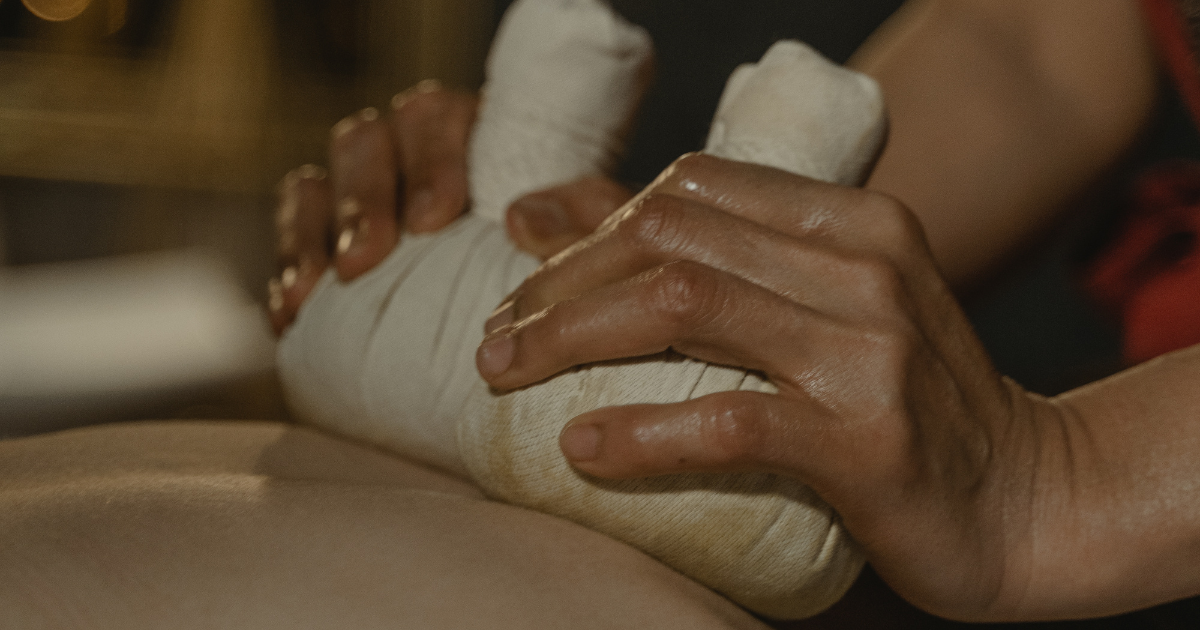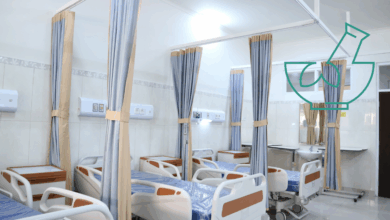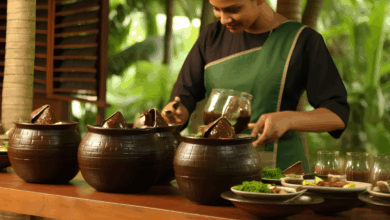India Expands Ayurveda Education: New Diploma Courses Aim to Create Clear Pathways in Traditional Wellness

India’s Ayurveda sector is getting a significant academic boost as new diploma-level programs in traditional healing and wellness are being rolled out by state universities. Though not yet part of a single nationwide policy, these developments signal a clearer pathway for students seeking structured careers in Ayurveda, wellness therapy, and traditional healthcare.
In recent months, both Kerala and Rajasthan have introduced specialized Postgraduate Diploma courses in Ayurveda, marking an important step toward standardizing education in the country’s booming traditional wellness industry.
Kerala Approves Postgraduate Diploma in Ayurveda
The Kerala government, one of the strongest promoters of Ayurveda globally, has approved a Post Graduate Diploma in Ayurveda for the 2024–25 academic year. The course, designed by the state’s AYUSH department, aims to equip graduates with advanced skills in clinical practice, traditional therapies, and modern diagnostic interpretation.
Officials say the move will help bridge a “skills gap” between classical Ayurvedic learning and the evolving needs of India’s wellness tourism sector.
“Kerala receives wellness travelers from around the world. We need practitioners who understand both traditional Ayurvedic science and modern health expectations,” a senior Health Department official said.
Rajasthan Launches India’s First PG Diploma in Panchagavya Therapy
Meanwhile, Dr. Sarvepalli Radhakrishnan Rajasthan Ayurved University in Jodhpur recently launched India’s first Postgraduate Diploma in Panchagavya Therapy, a discipline rooted in classical Ayurvedic formulations using cow-based derivatives.
University authorities say the course will open research and therapy pathways in a niche but growing field within Ayurveda.
“Panchagavya therapy has centuries of traditional significance. This diploma gives it a structured academic identity,” said a faculty member from the Ayurvedic medicine department.
Why These Diplomas Matter for India’s Wellness Sector
India’s wellness industry — valued at billions — is undergoing rapid professionalization. With wellness resorts, naturopathy centers, tourism-based Ayurveda retreats, and integrative medicine clinics expanding, demand for skilled, credentialed professionals is rising sharply.
The new diploma courses:
-
Create clearer entry points into the traditional wellness workforce
-
Offer formal academic pathways apart from long-duration BAMS degrees
-
Provide specialization options in niche areas like Panchagavya therapy
-
Strengthen India’s reputation as a global Ayurveda and wellness hub
Industry experts say that formal diplomas could help prevent misuse of Ayurvedic therapies by untrained practitioners and promote safer, evidence-backed traditional healthcare.
A Step Toward National Standardization?
While the programs currently exist at the state and university level, policy analysts believe this could be the beginning of a nationwide framework for diploma-level Ayurveda education under the Ministry of AYUSH.
If expanded nationally, these diplomas may eventually serve as certified routes into:
-
Ayurvedic wellness centers
-
Panchakarma therapy units
-
Medical tourism resorts
-
Holistic health and lifestyle clinics
-
Traditional therapy research roles
The Road Ahead
As India positions itself as a global leader in traditional medicine, structured academic programs like these signal a shift toward more regulated, professionalized, and research-backed Ayurveda practice.
For thousands of young aspirants, the introduction of diploma pathways may finally offer what was missing for decades — a clear, formal, and accessible journey into the world of traditional Indian wellness.




